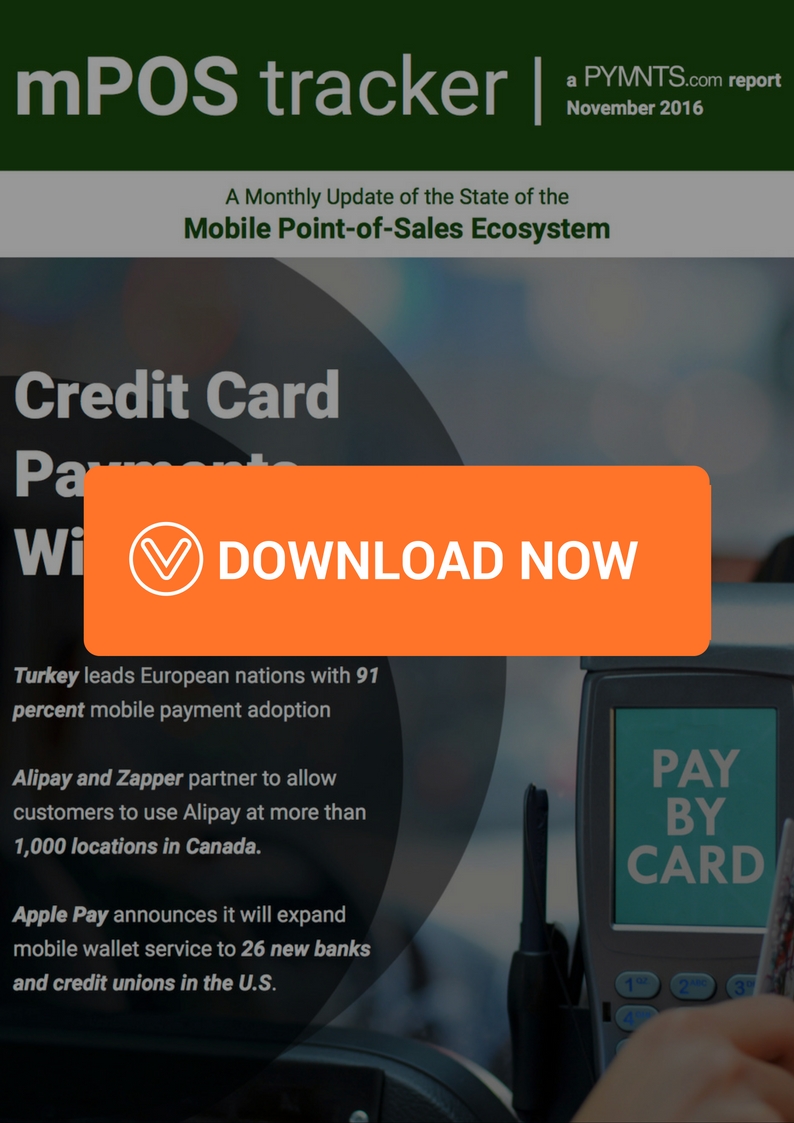MPOS Tracker: mPOS Power And Pedal Power, On A Breezy Ride?

When mPOS and pedal powers activate, the potential for profit, it seems, is an open road. For the latest edition of the mPOS Tracker™, PYMNTS caught up with Ben Morris, founder and chief pedicab officer at Coaster Pedicab, to discuss how mobile payments are changing the bicycle transportation industry. Plus, find the latest headlines and a directory with more than 200 of the biggest players in the space inside the November edition of the Tracker.
Even a decidedly low-tech business can benefit from a little technological boost to help it roll smoothly into the future.
Take bicycle taxis, or pedicabs, which traditionally were paid for solely in cash. They are increasingly able to serve more customers than ever before, thanks in large part to mobile payment acceptance technology. Pedicab drivers in cities like Boston, Chicago and Washington, D.C., can now accept credit and debit card payments thanks to mPOS systems that allow them to take cards while on-the-go.
For the November mPOS Tracker™, PYMNTS caught up with Ben Morris, founder and chief pedicab officer at Coaster Pedicab, which owns and operates bicycle taxi companies in more than a dozen cities, to discuss why many of his drivers are adopting mobile payments tools and what he sees in the future for the two-wheeled transportation industry.
Here’s a preview:
Drivers are free to accept any kind of payment method they wish for each ride. Morris noted that, historically, cash has been the primary way drivers could make their money.
Technology, however, is changing that. As more providers introduce smaller and more powerful credit card acceptance hardware that can work in the variety of environments where drivers find themselves, Morris said, many drivers have begun to adopt new solutions that allow them to accept card payments.
Morris said that many drivers have even started to advertise their credit card acceptance ability on their bike or trailer, which has helped spread the word and increase ridership.
“We’re obviously moving into a world of plastic, certainly more than we’re using cash,” Morris said. “Most drivers tell us that the enhancement and access to remote credit card processing — either in the form of Square, or a QuickBooks payments system or whatever that looks like — helps their ability to generate more rides and more customers.”
Around the mPOS world
According to some recent projections, the mobile payments market is projected for some big growth over the next few years. To secure a portion of the quickly expanding mobile market, several players rolled out new mobile wallet solutions over the past month.
Mobile payment pioneer Apple announced it would widen the reach of Apple Pay. The company said that it would grow its support network by expanding the mobile wallet service to 26 new banks and credit unions in the U.S., along with Desjardins shoppers in Canada.
Similarly, AT&T Stadium, home of the Dallas Cowboys, tapped ParkHub as the venue’s new official parking partner and will allow fans at the stadium more parking payments options via the company’s PRIME handheld POS system.
Alipay announced last month that it had collaborated with Zapper to offer mobile payments to Chinese tourists. Customers can now use the Chinese company’s app to make mobile payments at more than 1,000 locations around the country.
The November edition of the mPOS Tracker™ features the latest industry news in the mPOS space, along with the profiles of more than 200 players, including five new additions to the Tracker.
To download the November edition of the PYMNTS mPOS Tracker™, click the button below…
About The Tracker
The PYMNTS mPOS Tracker™ is your go-to resource for staying up to date on a month-by-month basis. The Tracker highlights the contribution of different stakeholders, including institutions and technology coming together to make this happen.
